Pherdinand
the snow must go on
"fake", "better", "traditional"
3 very weird, ambiguous terms in one title.
good luck with it 😛
3 very weird, ambiguous terms in one title.
good luck with it 😛
- Oops, give away. Maybe the first photo isn't such a good choice. Isn't that a blown highlight in the background there on the right side of the fence near the street? See it? - before and after the tree? - Or is this the film one and I'm playin' witchya? Nah, can't be cuz the highlight is blown? Is it? Or are they both film? Or are they both digital?






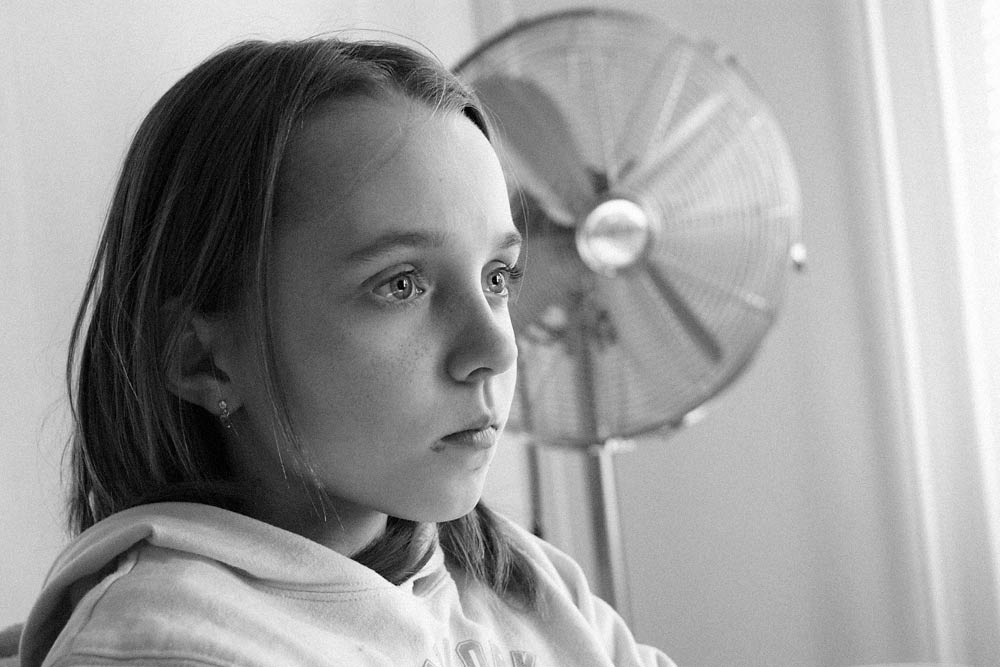
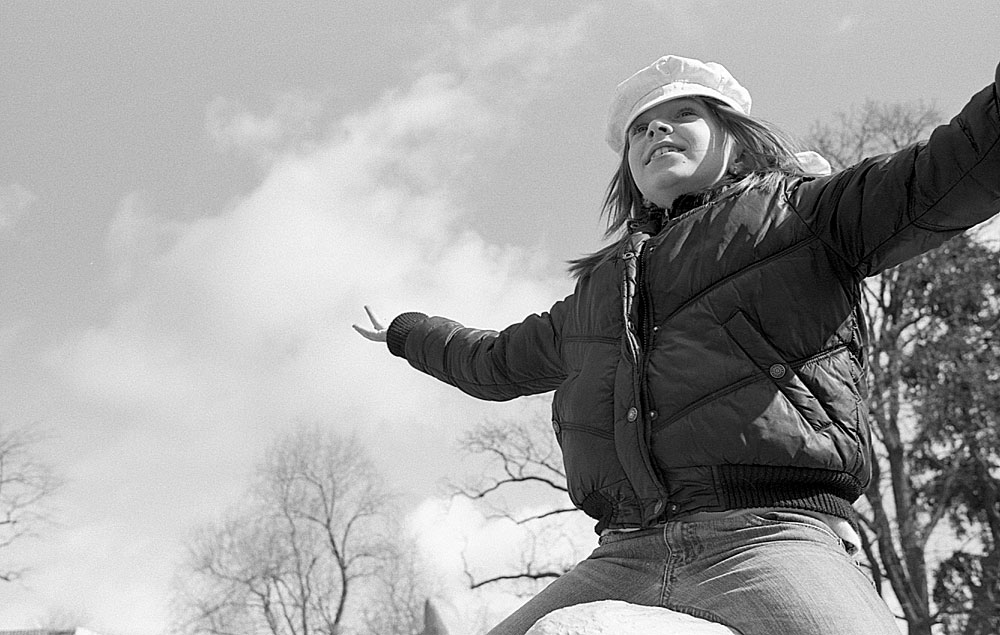
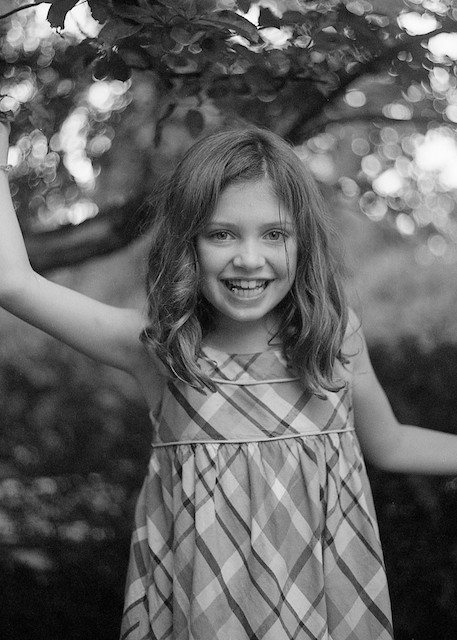
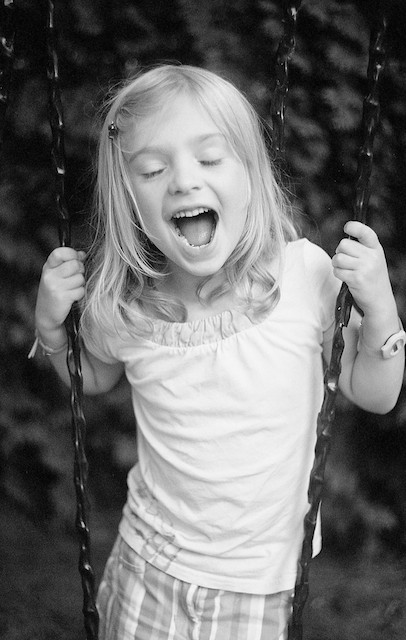
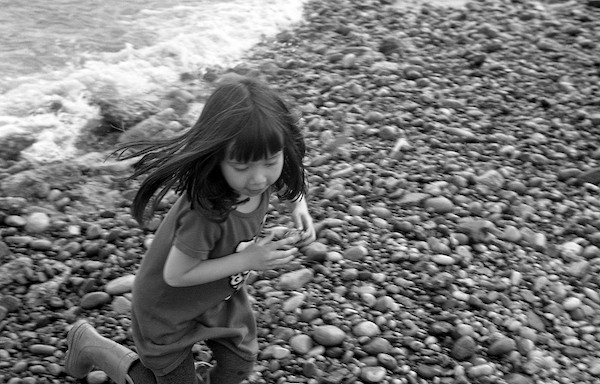
Here ya go... Which one is film? Which one is digital? Or are they both film? or are they both digital? Betchya can't tell. And even if you can, does it matter?


Here ya go... Which one is film? Which one is digital? Or are they both film? or are they both digital? Betchya can't tell. And even if you can, does it matter?





Seriously!!!
I just read through this whole thread, every single post and not one person mentions the drying water marks on the top image( lower left corner, across the boys shirt). A dead give away it's film... or is it the "water mark" filter in photoshop, hmmmmmm.
Todd


Ohh, ok. I have found that scanned color film has a lot of the same look when converted to BW that digital camera pics do, except, of course, the grain. I think a lot of what people don't like is not the look of digital, its the look of color converted poorly to BW by people who don't do it with enough contrast. Your shot looks great.
Here's one of my color neg to BW conversions.

Mamiya 645, 150mm f3.5 lens, Fuji 160NC film expired about a year!
Do you mean difference as in quality or difference as in "hey that looks like a digital capture?" Either way, kind of depends on the prints in question. Really good digital prints can be just as gorgeous as really good silver prints, IMO.
looks like you used a filter for the sky?
Sometimes I like digital b/w, here's a M8 b/w capture @ ISO 160:

and here's the same image with film grain added:

